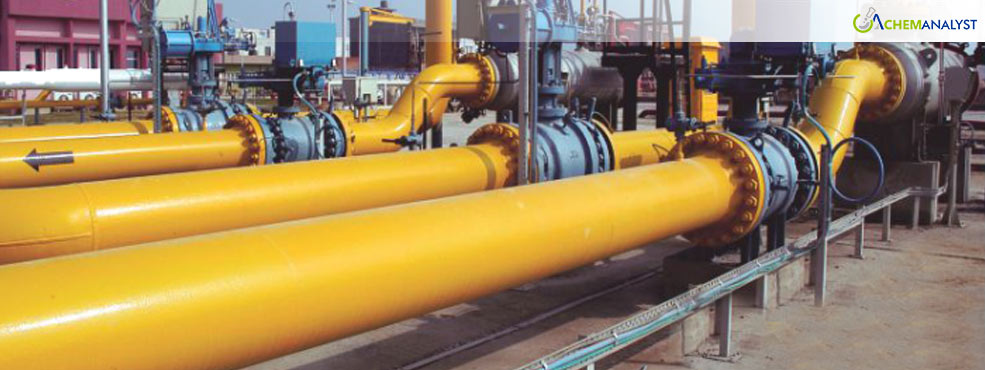Welcome To ChemAnalyst

As Japan’s long-term liquefied natural gas (LNG) contracts with Russia’s Sakhalin-2 project near their expiration, a complex confluence of geopolitical tensions, declining demand, and the country’s drive for cleaner energy is reshaping the energy landscape. Media reports indicate that rival LNG suppliers are positioning themselves to fill the potential gap in Japan’s energy supply, as the country reassesses its reliance on Russian gas.
Sakhalin-2, long favoured for its proximity and reliability, has been a crucial source of LNG for Japan, providing a significant portion of the country's imports. However, as global energy dynamics shift, the project’s future has become uncertain. While Sakhalin-2 is exempt from U.S. sanctions, its ties to Russia increasingly complicate its role in Japan’s energy strategy, especially as Japan’s allies push for greater energy independence from Moscow.
Amid rising concerns about energy security, Japan’s demand for gas is on the decline. The country is seeking to cut its reliance on fossil fuels as part of its broader transition to cleaner energy sources, aiming to reduce LNG’s share of power generation by 2030. The rising prominence of renewable energy sources is expected to decrease the country’s need for LNG in the coming years, even as energy prices and supply pressures continue to affect global markets.
The clock is ticking for the Sakhalin-2 project as its primary gas field approaches depletion, with stable production anticipated to only last until the early 2030s. Efforts to develop new offshore fields, such as the Yuzhno-Kirinshoe field, have faced significant delays and challenges, further clouding the future of Russian LNG exports to Japan.
This evolving situation has left Japan’s utilities and energy companies in a precarious position. While many have secured LNG supply through 2030, uncertainty looms beyond that, with the possibility of supply shortages in the early 2030s. Some energy firms are reconsidering their dependence on Sakhalin-2, while others remain focused on the project's proximity and potential stability in an unpredictable geopolitical climate.
Japan is diversifying its LNG sourcing strategies, increasing its participation in the global LNG trading market, which offers more flexibility and potential to diversify away from Russian gas. By securing LNG from various global sources, Japan hopes to mitigate the risks posed by potential supply disruptions, while maintaining energy security during a period of significant change in the global energy market.
As Japan navigates its future energy landscape, the decision on whether to renew its Sakhalin-2 contracts will be pivotal in determining the country’s LNG strategy for the next decade. The growing role of renewables, combined with the political and economic uncertainties surrounding Russian energy, ensures that Japan's energy policy will remain in flux, as it seeks to balance security, sustainability, and its international commitments.
We use cookies to deliver the best possible experience on our website. To learn more, visit our Privacy Policy. By continuing to use this site or by closing this box, you consent to our use of cookies. More info.
